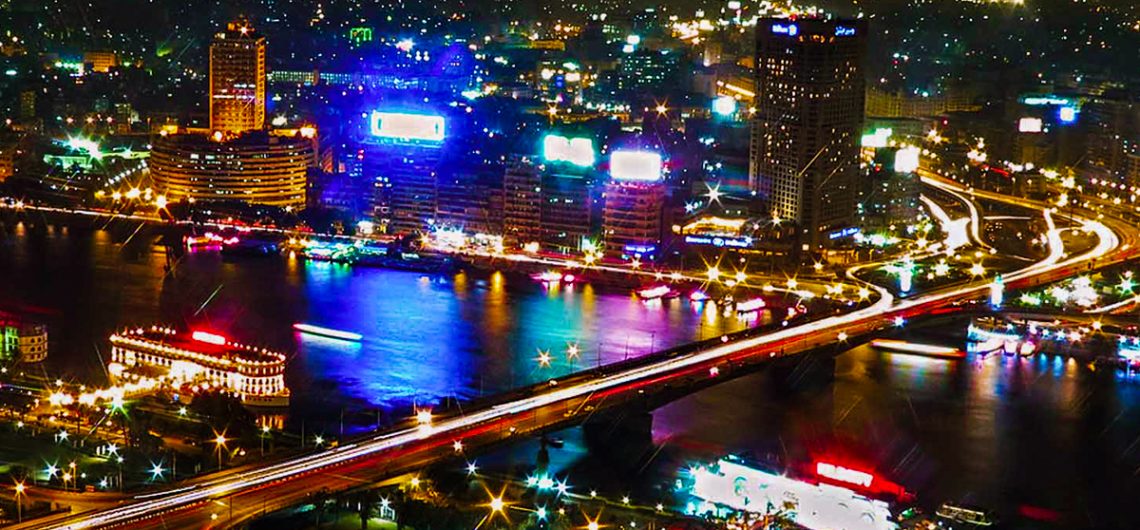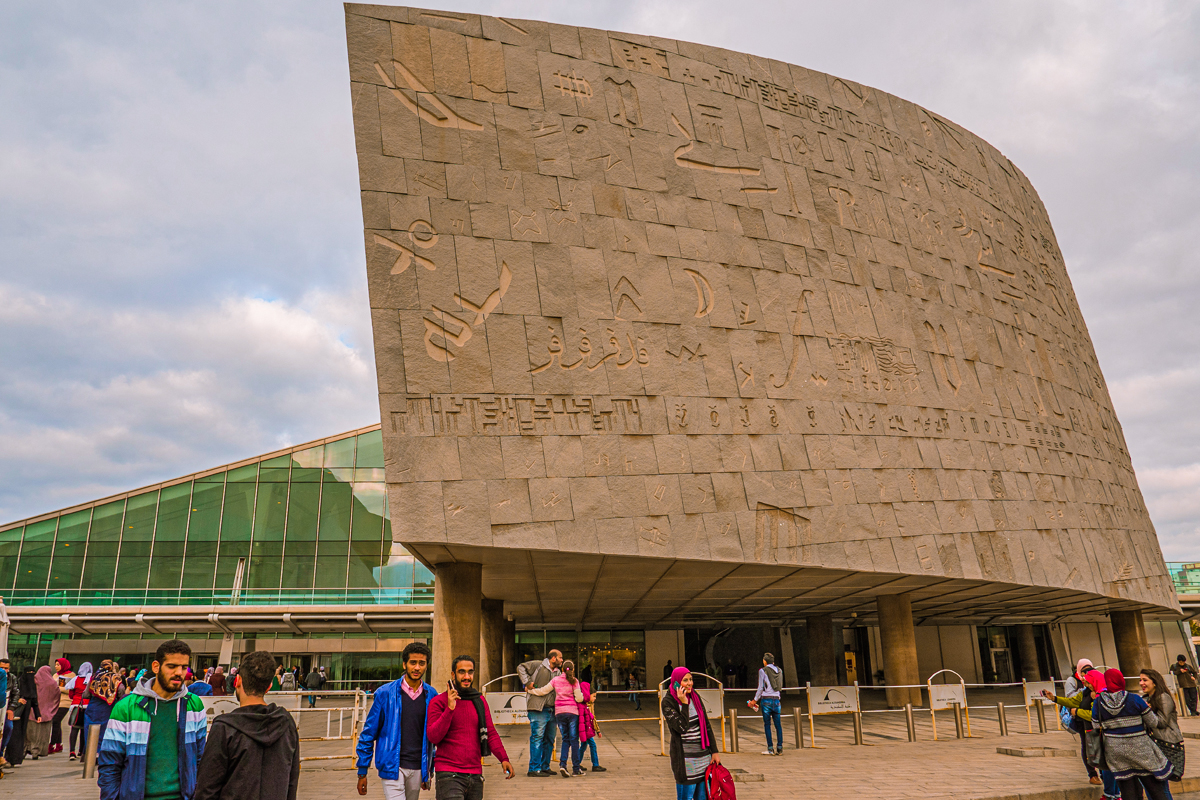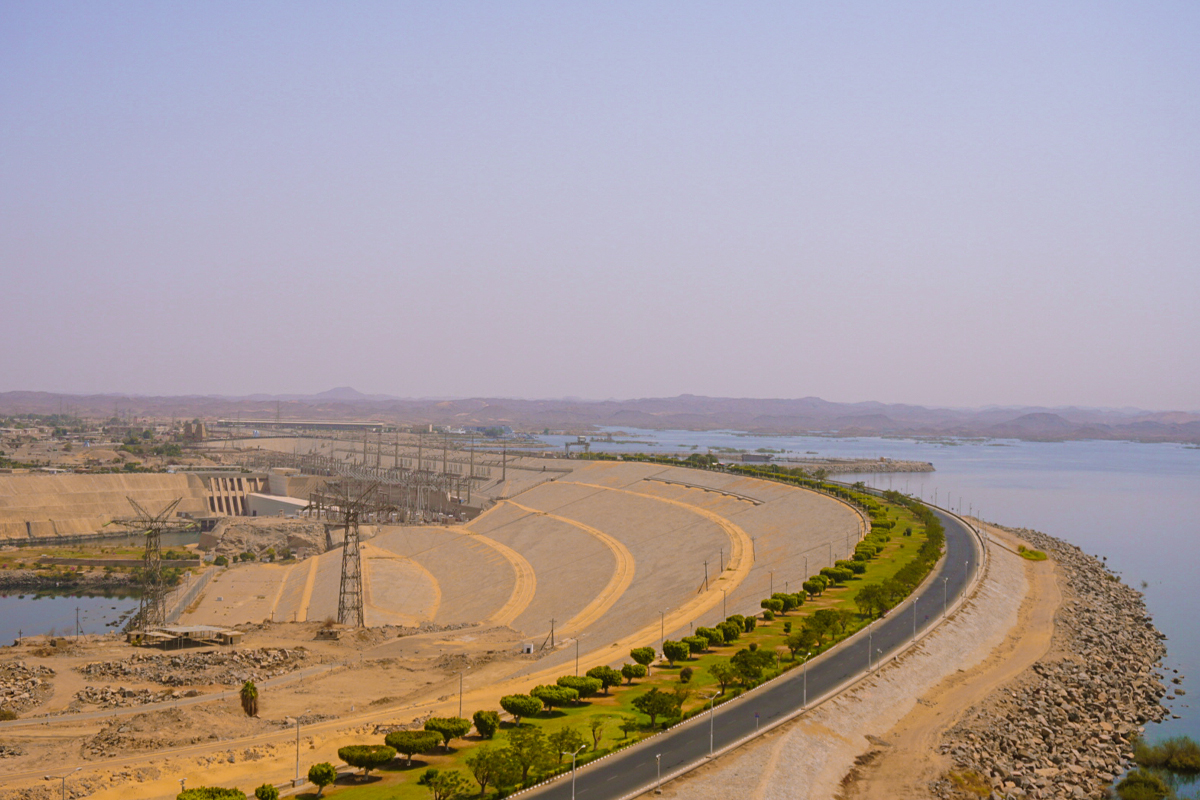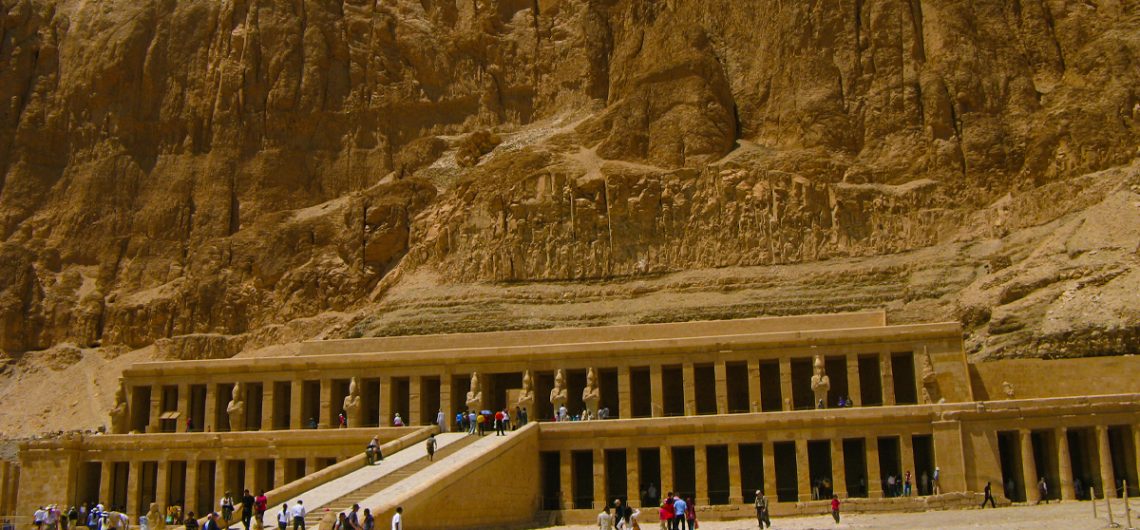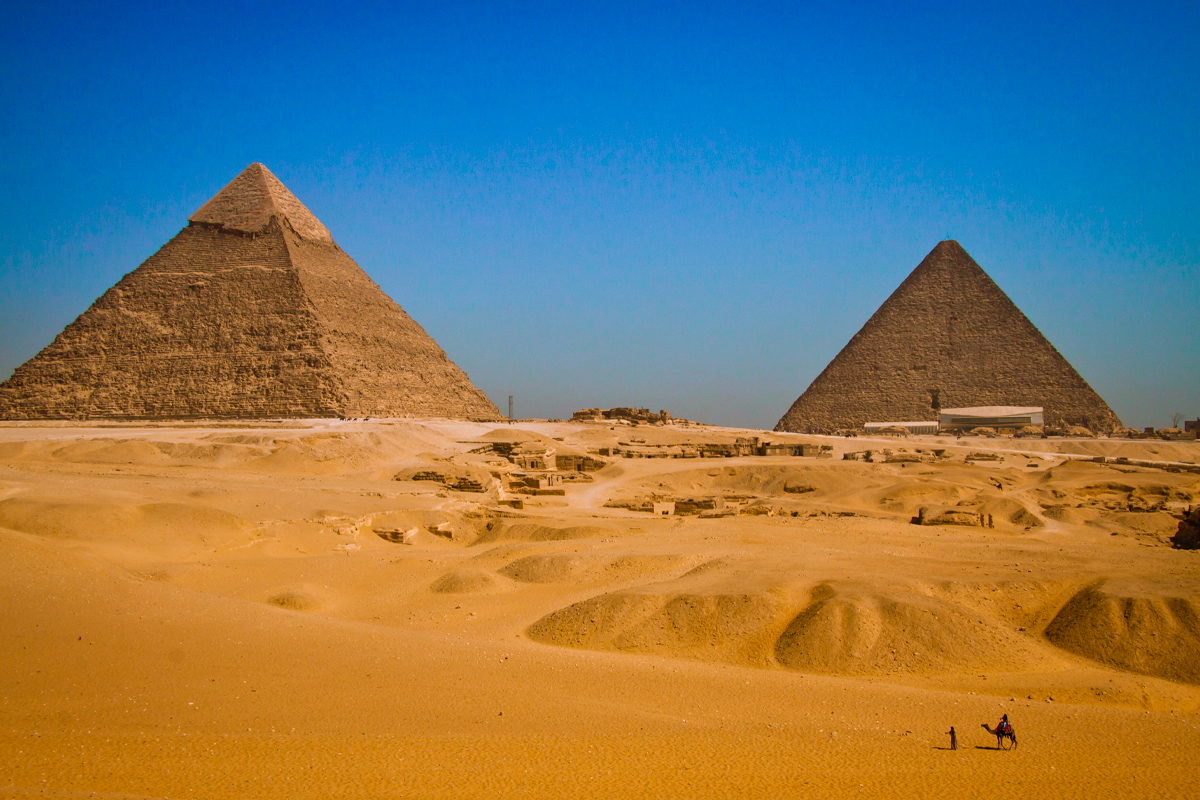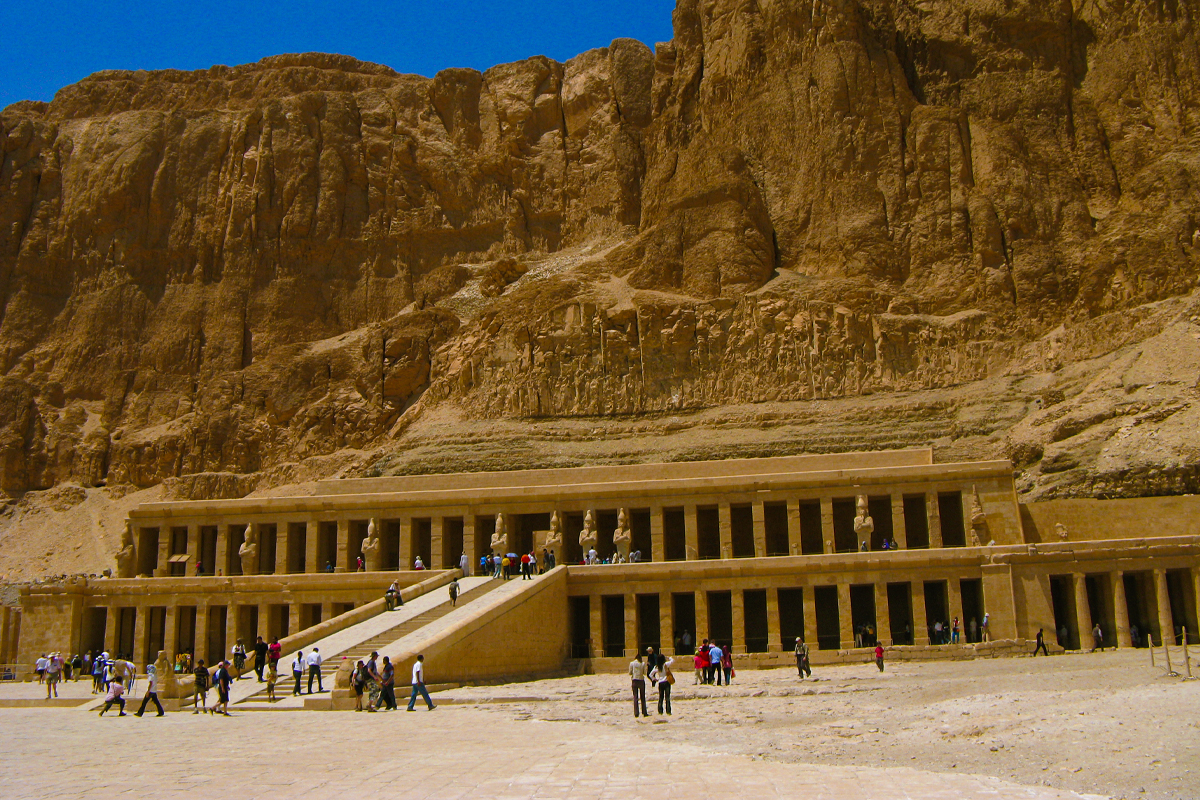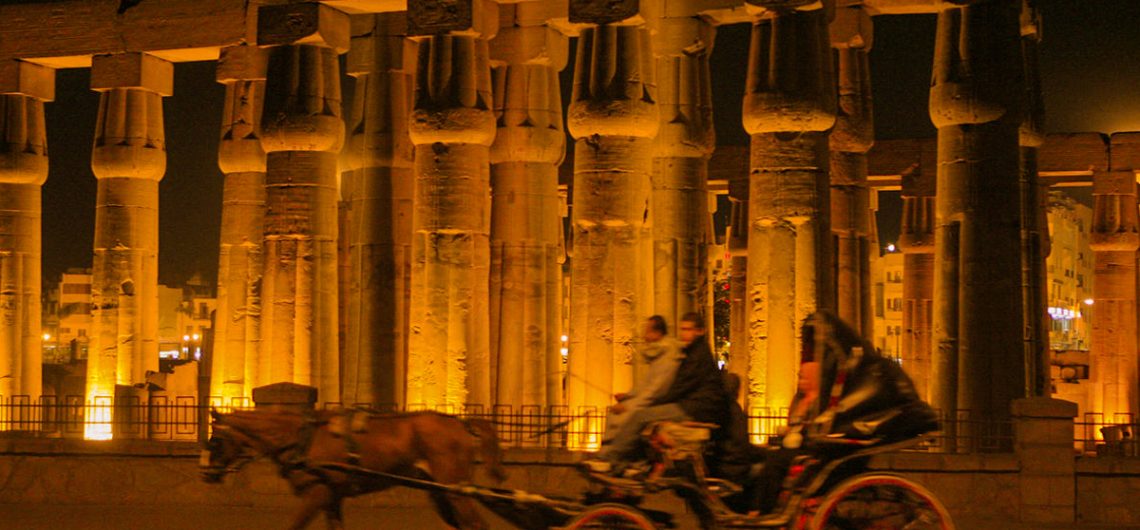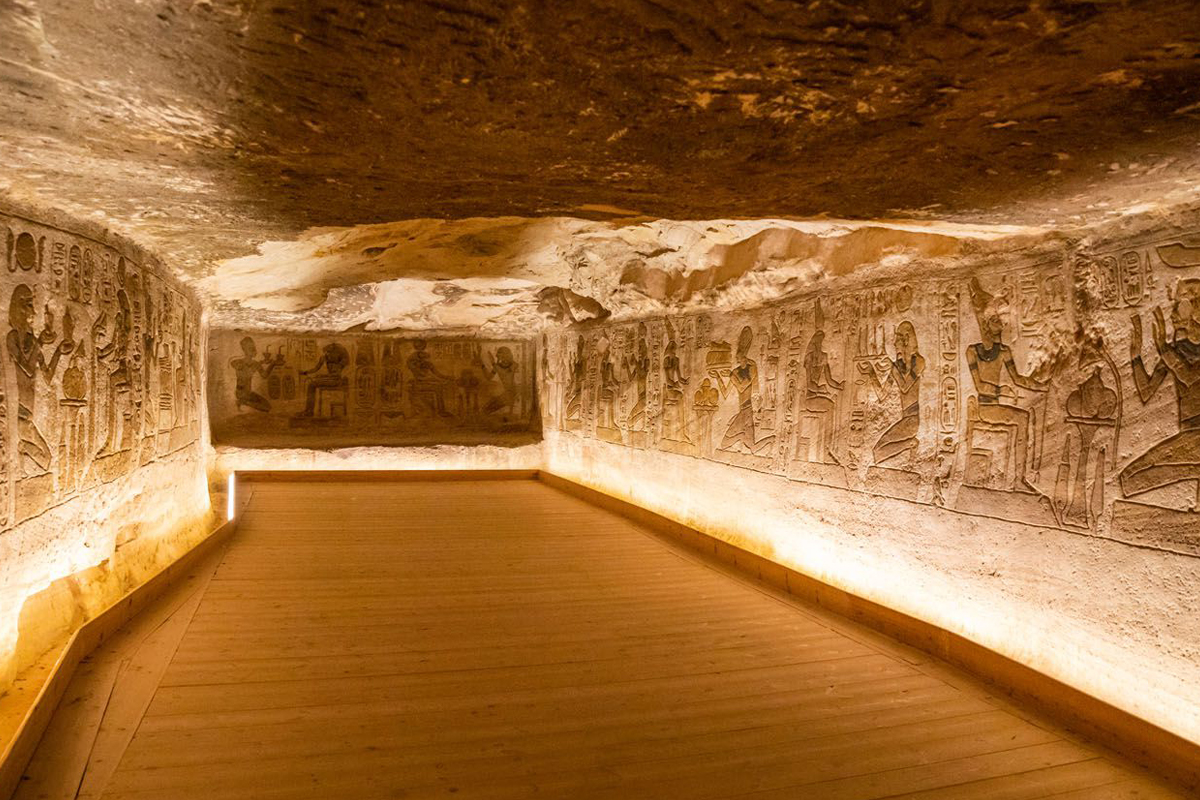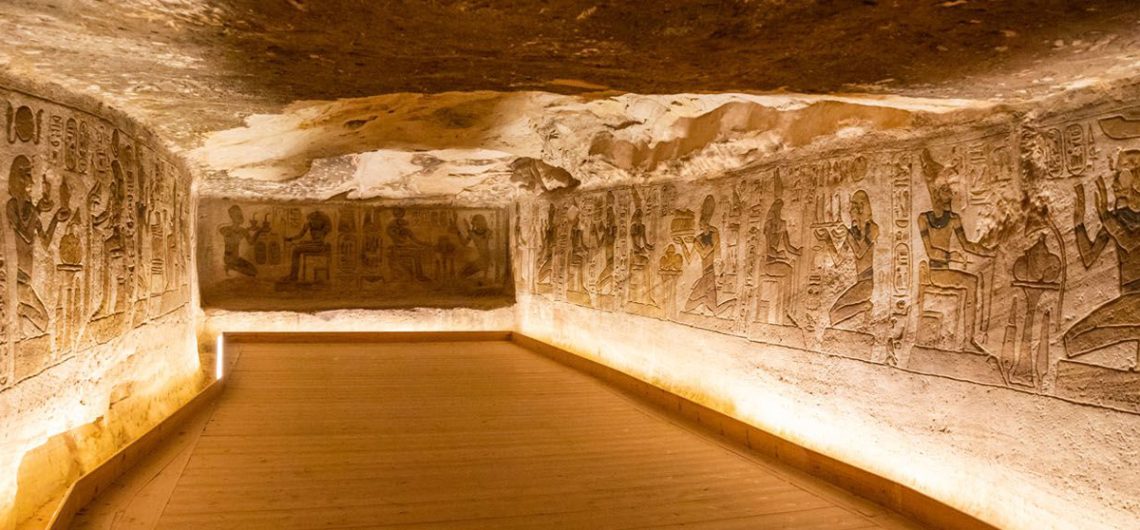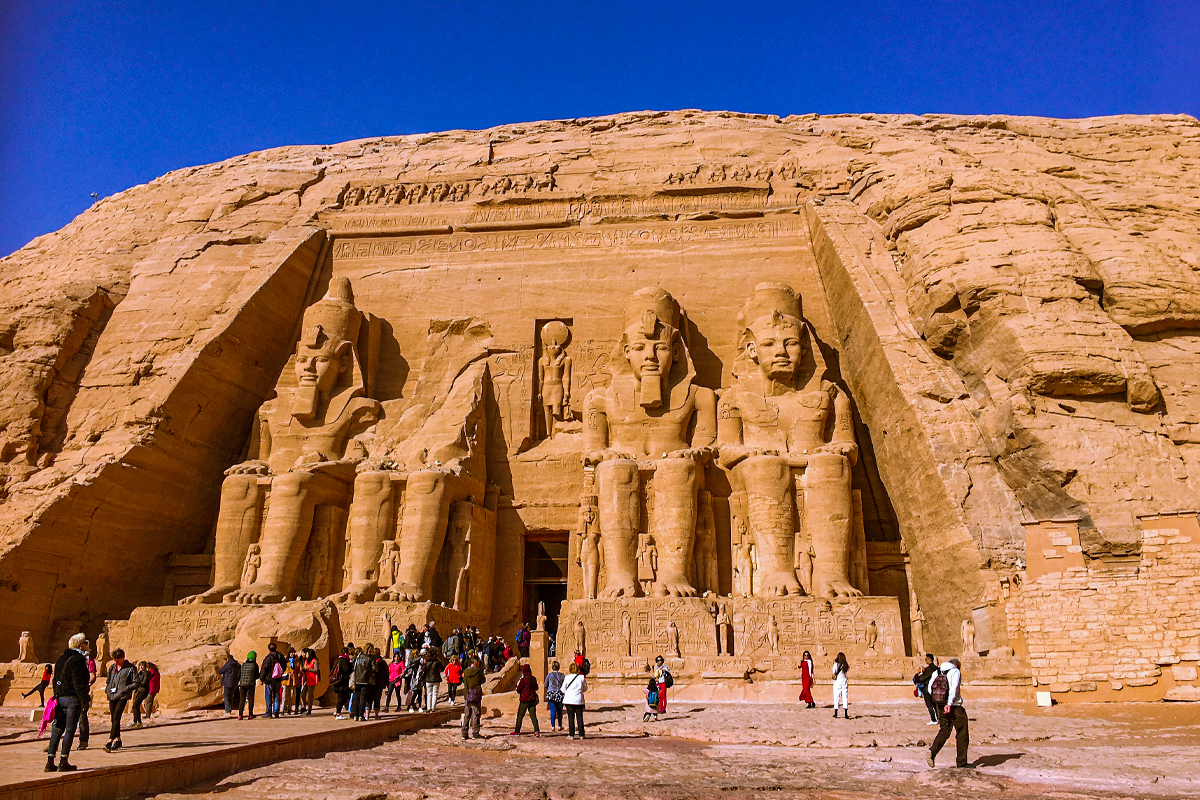egypt itinerary 7 days is the perfect solution for travelers who want to explore the best of Egypt without feeling rushed. From the ancient wonders of the Pyramids of Giza to the majestic temples of Luxor and the tranquil beauty of the Red Sea, this seven-day plan ensures a balanced mix of history, culture, and leisure. In 2026, travelers are seeking organized, insightful, and immersive experiences—and this itinerary delivers exactly that.
Whether you are planning a 7 days egypt itinerary for the first time, traveling with family (egypt 7 day itinerary family), or combining Egypt with Jordan (egypt and jordan itinerary 7 days), this comprehensive guide will help you maximize your time and enjoy every moment of your journey.
Why Choose a 7-Day Egypt Itinerary in 2026
Many travelers ask, “how many days for Egypt?” Seven days is the ideal duration for first-time visitors and families alike. It provides enough time to explore Cairo’s bustling streets, marvel at the Giza Pyramids, uncover the mysteries of Luxor and Aswan, and even enjoy leisure time at the Red Sea.
A well-structured 7 day egypt itinerary ensures:
Smooth domestic travel via flights or Nile cruises
Comfortable pacing without rushing from one site to another
Access to Egypt’s must-see landmarks and hidden gems
Flexibility for families, couples, and solo travelers
For travelers looking to combine experiences, a 7 day itinerary egypt can be adapted to include additional destinations or tailored for specific interests, such as historical tours, beach relaxation (7 day egypt itinerary with beach), or family-friendly activities (egypt with kids itinerary 7 days).
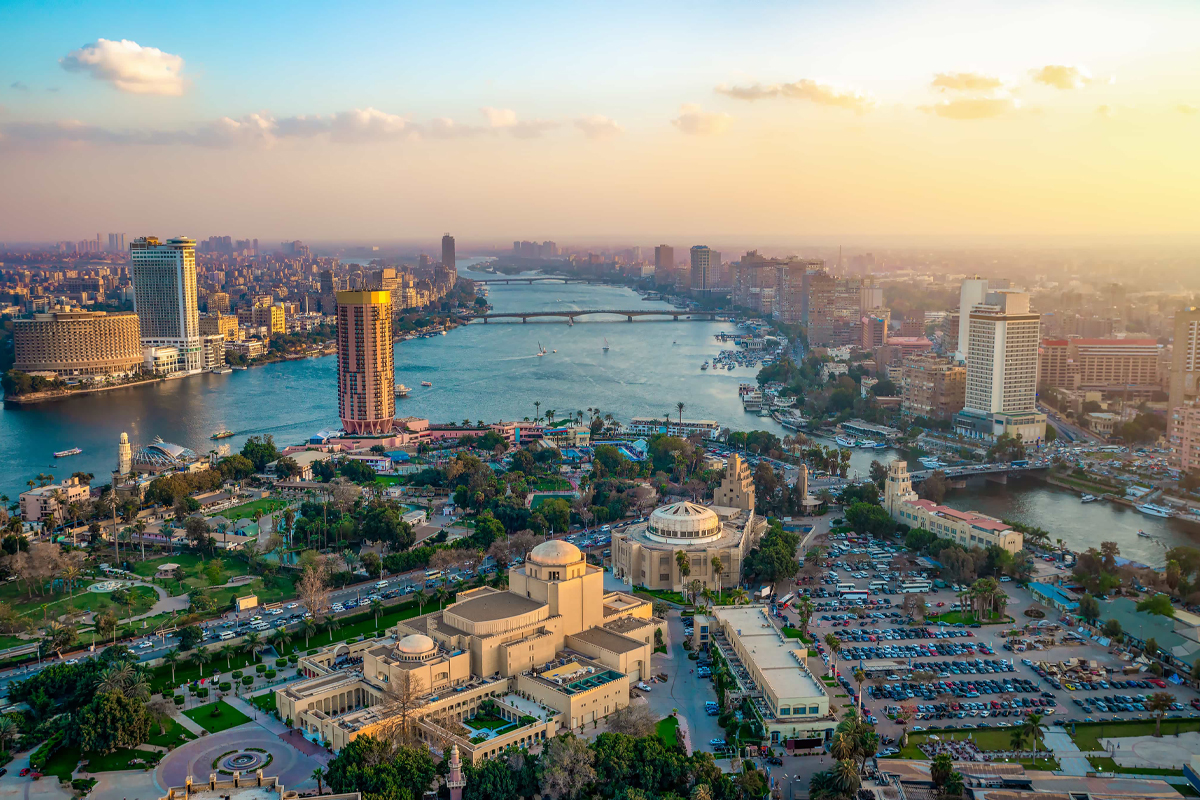
Day 1: Arrival in Cairo – Gateway to Ancient Egypt
The first day of your egypt itinerary 7 days begins in Cairo, the dynamic capital of Egypt. After a smooth airport transfer, check into a centrally located hotel, allowing easy access to nearby attractions.
Afternoon highlights include:
Giza Pyramids: The Great Pyramid of Khufu, Khafre, and Menkaure, along with the Great Sphinx
Optional camel rides for a fun, family-friendly experience
Evening dinner overlooking the Nile or in a traditional Egyptian restaurant
For families following an egypt 7 day itinerary family, this day is intentionally light, allowing everyone to acclimate to the local time zone and climate while still enjoying Egypt’s iconic landmarks.
Day 2: Cairo – Museums, Old Cairo, and Islamic Cairo
Day two dives deeper into Cairo’s rich history and culture. Begin with the Grand Egyptian Museum, which in 2026 houses thousands of artifacts, including the treasures of Tutankhamun. Guided tours provide context to the monuments you’ll see throughout your trip.
Next, explore Old Cairo, visiting the Hanging Church, Abu Serga Church, and Ben Ezra Synagogue, showcasing Egypt’s diverse religious heritage. The afternoon is dedicated to Islamic Cairo, including:
Mohamed Ali Mosque
Sultan Hassan Mosque
Khan El Khalili Bazaar for shopping and local interactions
This day blends history, culture, and interactive experiences, ideal for both adults and children following an egypt with kids itinerary 7 days.
Day 3: Flight to Luxor – East Bank Temples
No egypt itinerary for 7 days is complete without a visit to Luxor, often called the world’s greatest open-air museum. A short domestic flight takes you to Luxor, where the East Bank awaits:
Karnak Temple: Explore its massive pylons, sacred lakes, and intricately carved hieroglyphs
Luxor Temple: Best visited in the late afternoon to enjoy its atmospheric lighting
This day balances sightseeing with ease, providing a smooth transition from Cairo’s urban energy to the tranquility of ancient Egypt.
Day 4: Luxor West Bank – Valley of the Kings and Hatshepsut Temple
Day four focuses on the West Bank of Luxor:
Valley of the Kings: Explore the tombs of Tutankhamun, Ramses II, and other pharaohs
Temple of Queen Hatshepsut: A unique architectural marvel
Colossi of Memnon: Iconic statues guarding the Nile
Private transportation and guided tours ensure that even a 7 day egypt itinerary remains comfortable and manageable, especially for families or travelers who prefer a relaxed pace.
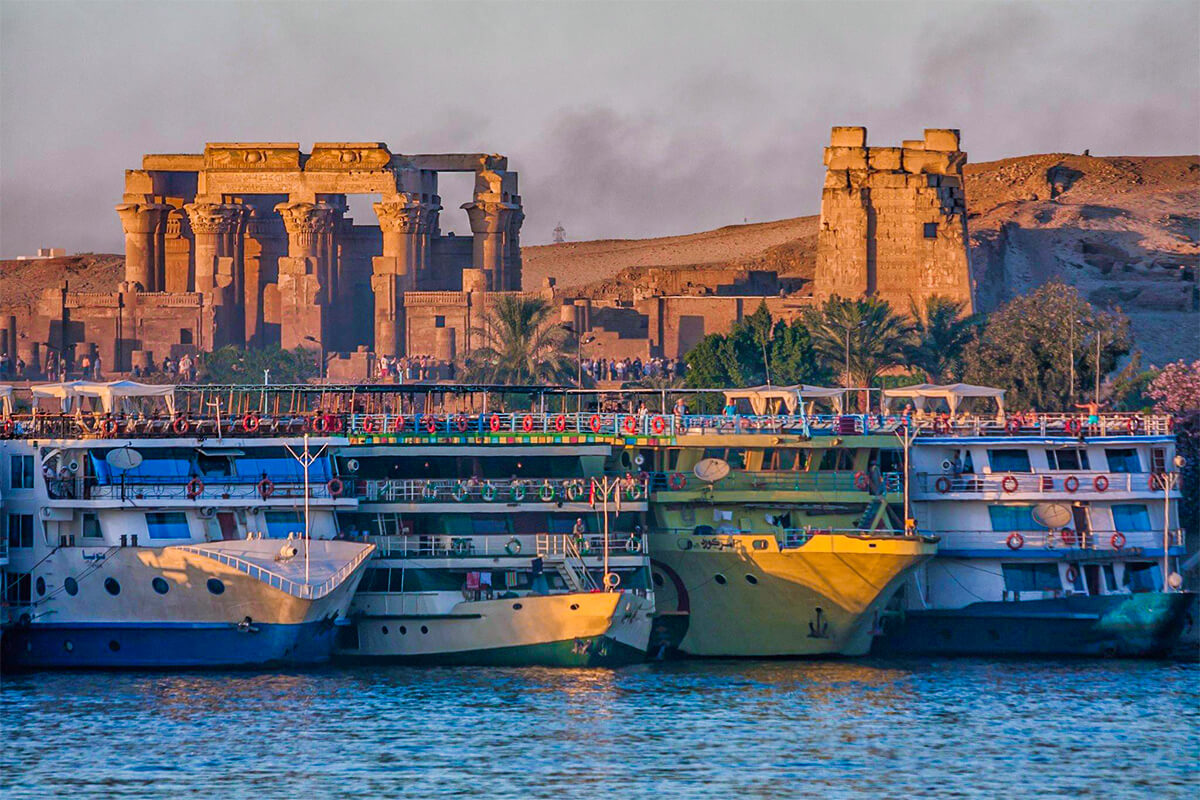
Day 5: Nile Cruise or Aswan Excursion
Day five offers a memorable Nile experience. Travelers can choose:
Nile Cruise: Relax while enjoying the scenic riverbanks and historical temples along the way
Aswan Excursion: Visit Philae Temple, the Aswan High Dam, and enjoy the serene beauty of Elephantine Island
This day adds leisure and luxury to your 7 days in egypt itinerary, allowing you to experience Egypt beyond its monuments. Cruises also provide opportunities for cultural interactions and relaxation, ideal for travelers seeking a balanced pace.
Day 6: Abu Simbel or Red Sea Option
For day six, travelers can:
Take an early trip to Abu Simbel to see Ramses II’s monumental temples
Extend their journey to the Red Sea for beach relaxation (7 day egypt itinerary with beach)
Both options add variety to your egypt 7 days itinerary. Families and couples alike appreciate the flexibility, allowing customization according to preferences, whether cultural or leisure-focused.
Day 7: Return to Cairo and Departure
The final day of your egypt 7 day itinerary emphasizes smooth logistics and a stress-free departure. Depending on your international flight schedule:
Morning flight back to Cairo for connecting flights
Final sightseeing or shopping in Cairo if time allows
This day ensures that your trip concludes comfortably, leaving you with a lasting impression of Egypt’s richness and diversity.
Who Should Consider a 7-Day Egypt Itinerary
A 7 day egypt itinerary is perfect for:
First-time visitors seeking a complete introduction
Families wanting a well-paced and kid-friendly plan (egypt 7 day itinerary family)
Travelers combining Egypt with nearby destinations, including Jordan (egypt and jordan itinerary 7 days)
Those looking for a mix of culture, history, and leisure, including beach experiences (7 day egypt itinerary with beach)
Even with only seven days, this itinerary ensures a full and rewarding experience.
Tips to Make the Most of Your Egypt Travel Itinerary 7 Days
Book flights and domestic transfers early for efficiency
Use licensed guides to maximize understanding of historical sites
Plan visits in early mornings or late afternoons to avoid crowds and heat
Include optional activities to tailor the experience for families or adventure seekers
Choose centrally located hotels for easy access to attractions
These tips guarantee that your egypt travel itinerary 7 days is smooth, enriching, and enjoyable.
Cost and Booking Considerations for a 7-Day Egypt Trip
When planning an egypt itinerary 7 days cost, travelers should consider:
Domestic flights (Cairo to Luxor, Aswan, or Abu Simbel)
Accommodation in 4–5 star hotels or luxury Nile cruise options
Guided tours and entry fees for temples and museums
Optional extras like Nile cruises, Red Sea excursions, or cultural experiences
A professional travel agency can create a cost-effective, well-organized egypt 7 day itinerary from India or other countries, ensuring maximum value and convenience.
Final Thoughts: The Best Egypt Itinerary 7 Days in 2026
A well-planned 7 day egypt itinerary proves that even one week in Egypt can be deeply immersive, enjoyable, and stress-free. From Cairo’s pyramids and museums to Luxor’s temples, Aswan’s serenity, and optional Red Sea relaxation, every day is carefully structured for maximum impact.
Whether traveling solo, with family (egypt 7 day itinerary family), or as part of a combined Egypt-Jordan tour (egypt jordan itinerary 7 days), this itinerary offers the perfect balance of history, culture, leisure, and comfort. By following this egypt travel itinerary 7 days, you’ll leave Egypt with memories that last a lifetime and a strong desire to return.egypt itinerary 7 days is the perfect solution for travelers who want to explore the best of Egypt without feeling rushed. From the ancient wonders of the Pyramids of Giza to the majestic temples of Luxor and the tranquil beauty of the Red Sea, this seven-day plan ensures a balanced mix of history, culture, and leisure. In 2026, travelers are seeking organized, insightful, and immersive experiences—and this itinerary delivers exactly that.
Whether you are planning a 7 days egypt itinerary for the first time, traveling with family (egypt 7 day itinerary family), or combining Egypt with Jordan (egypt and jordan itinerary 7 days), this comprehensive guide will help you maximize your time and enjoy every moment of your journey.

